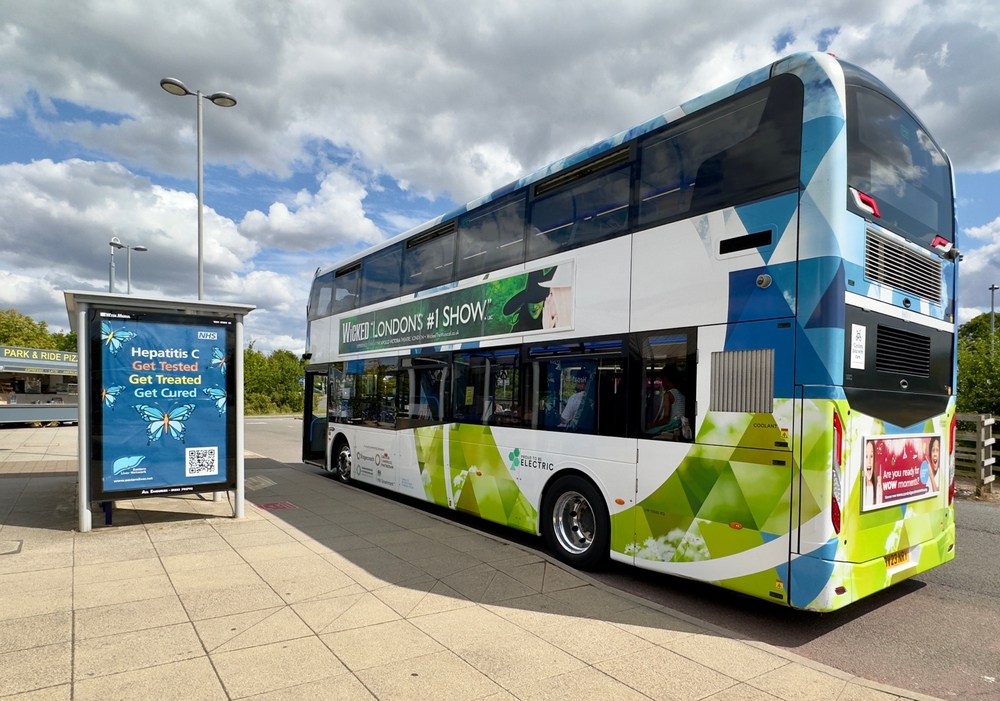Passengers across England will enjoy a greener, smoother and quieter bus journey thanks to a government investment of £37.8 million to provide 319 new zero-emission buses.
The funds have been allocated to 12 successful local governments across England following a bid to expand the zero-emission bus fleet, with 319 cleaner and more comfortable vehicles serving passengers by spring 2027.
As the government yesterday changed its Zero Emission Vehicles (ZEVs), it will allow hybrid vehicles to be sold until 2035 with the aim of increasing mandate flexibility through 2030 and supporting UK electric vehicle manufacturers.
Today, local Transport Minister Simon Wrightwood visits Hull to see how funds will bring improved journeys to passengers and discuss how highly skilled engineering and construction jobs will emerge locally as electric bus infrastructure is provided.
He said: “We are excited to announce this £38 million investment, which will bring 319 new zero-emission buses to the UK community by 2027.
“This funding not only makes bus travel cleaner, greener and more comfortable, but it also creates jobs, supports the local economy and accelerates the journey towards a zero-emission future.”
Connecting passengers with important services
The biggest part will be sent to Nottinghamshire County Council. This will benefit from £2.6 million to launch 42 new electric buses. Hull City Council, where £3.9 million was allocated to provide 42 vehicles. And West England will receive nearly £20 million on 160 buses.
The funding is on top of the Zero Emission Bus Regional Area 2 (Zebra 2) program, which funds 995 Zero Emission Buses.
Funds will see important bus routes that have been given new lifespans. In Bristol, for example, funds will be used to expand zero-emission bus services across 22 different routes, connecting passengers with key services, including hospitals and universities.
Putting locals at the heart of building a zero-emission bus
UK-based manufacturers are well suited to benefit from ordering these new zero-emission buses. 60% of the buses funded by previous zebra investments are sourced from domestic companies, supporting highly skilled jobs, growing the local economy and improving living standards.
Regional leaders and major manufacturers are also being given voice on zero emissions plans through a panel of UK bus manufacturing experts who aim to put locals at the heart of the bus buildings.
The first event was hosted by local Transport Minister Simon Wrightwood in Sheffield last month, and saw Alexander Dennis and Wrightbus experts talking to Metro Mayors Oliver Copperd (South Yorkshire) and Tracy Bravin (West Yorkshire).
Matt Carney, CEO of Go-Ahead Bus, said:
Matt Cranwell, managing director of Stage Coach East Midlands, added:
“Based on by heavy investments by bus operators, this new government funding will help us achieve our goal of emissions of zero-emission UK bus fleet nationwide by 2035, and will play a key role in Stagecoach’s transition to the Green Bus Fleet.”
The future of green bus manufacturing
The incoming bus services bill will not only bring electricity back to local governments and run their own services, but will also include measures to end the use of new diesel and petrol buses across the UK. It is expected to move on to the House of Representatives soon.
The local Transport Minister visited the Ballymena Light Bus site last week to continue his involvement on the future of green bus production, marking a significant milestone in which the fleet has passed 50 million miles.
Source link

